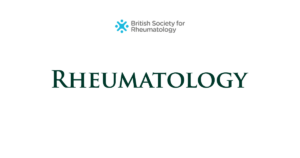Study: Are clinicians undervaluing patient diagnostic feedback?
Editor’s Note
Lending greater weight to patient opinions could help clinicians diagnose certain conditions, according to a study published in Rheumatology on December 18.
The study focused specifically on neuropsychiatric lupus, an autoimmune disease that is difficult to diagnose and includes symptoms such as headache, fatigue, and hallucinations that can only be revealed by the patient. Clinicians ranked 13 items used as evidence in the diagnosis in terms of importance, including:
- brain imaging
- response to treatment
- neurological examination
- patient views
- family and friends’ observations.
Fewer than 4% of clinicians ranked patients’ self-assessments of disease activity among the top three types of evidence. Clinicians also ranked their own assessments as having the highest value, even when they acknowledged that they lacked confidence in their diagnosis.
Meanwhile, nearly half of the 676 patients—46%— reported that they had not been asked to assess their own disease. Overall, researchers say these results point to a gap in valuing patients’ input, which is particularly critical around “invisible” symptoms such as hallucinations and depression, where patients’ input is needed to make accurate diagnoses for many serious and even life-threatening conditions.
Read More >>

 Free Daily News
Free Daily News